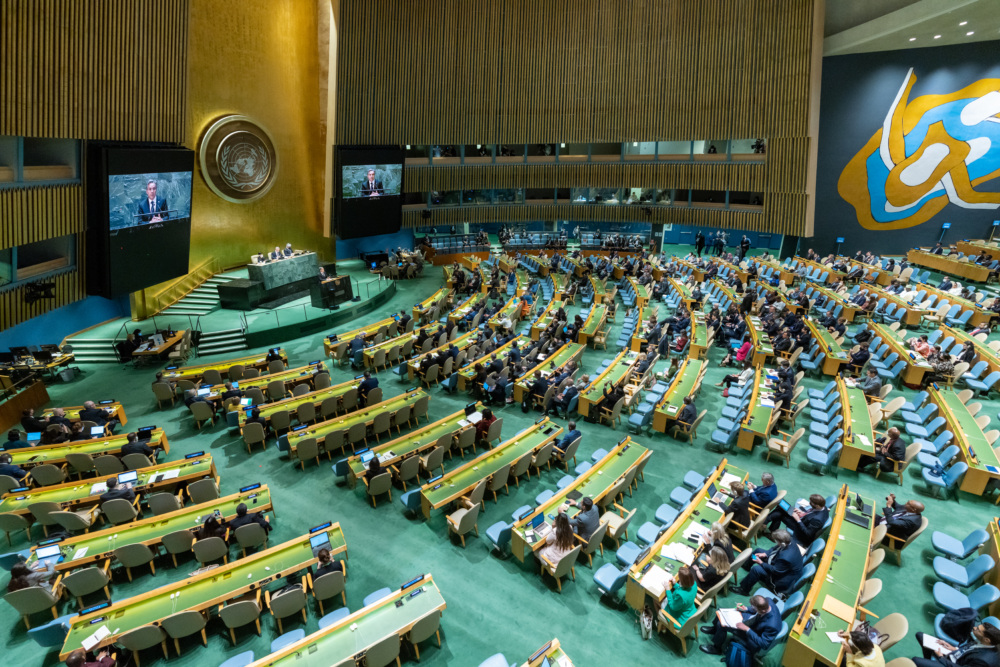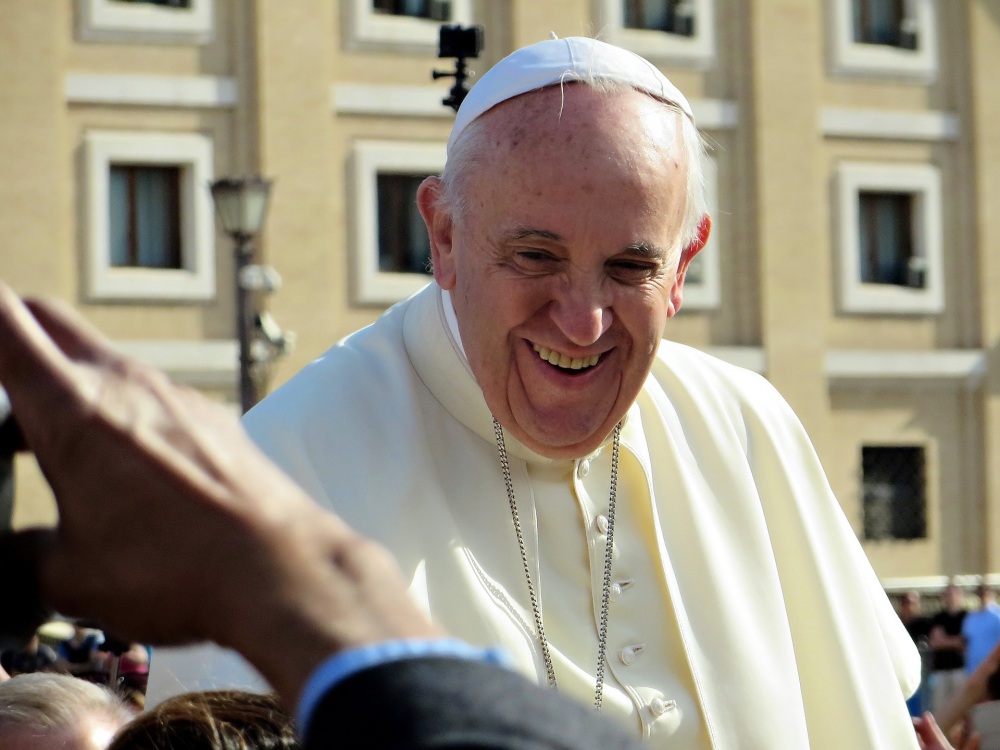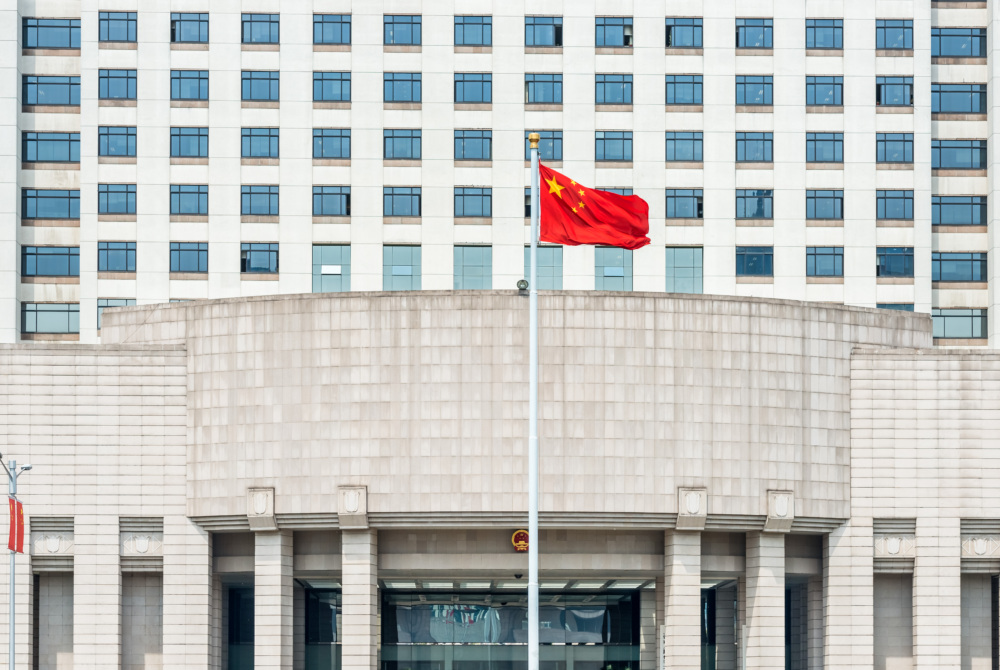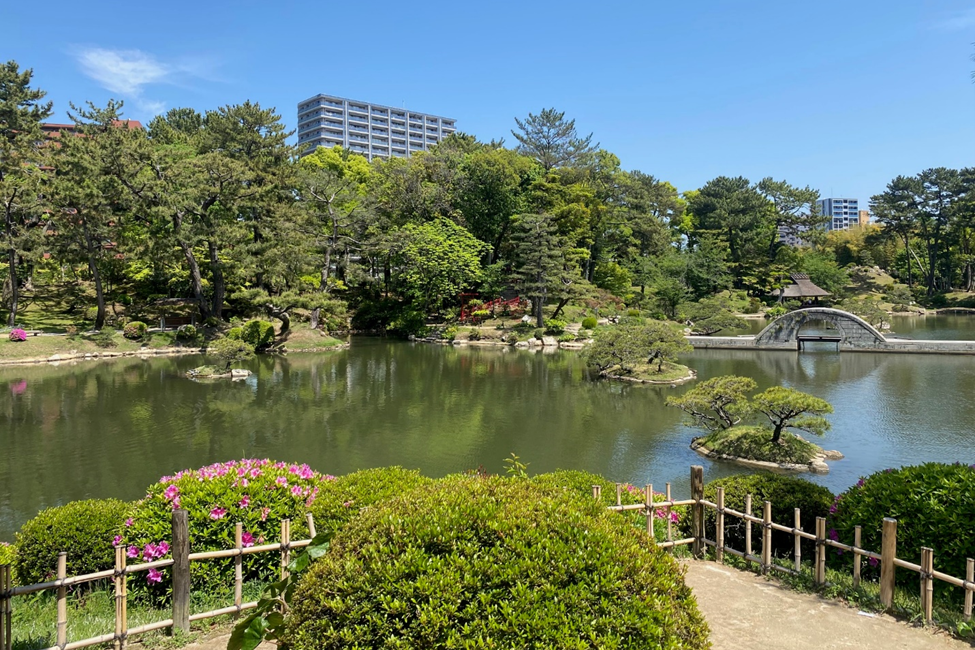This post was written by Juliet Henry, an intern with NTI’s Communications team. Originally from Massachusetts, Juliet graduated from American University in 2020 with a degree in Communication Studies and a minor in International Relations.
Nuclear disarmament and arms control too often are viewed just as security issues—but the ethical questions around nuclear weapons are too important to be left to security specialists alone. “Yes, these are complex military challenges, but they are also profound moral challenges,” NTI Co-Chair and former Senator Sam Nunn told viewers this week on webinar hosted by the University of Notre Dame’s Keough School of Global Affairs and the Kroc Institute for International Peace Studies. “As I view it, we are in a race between cooperation and catastrophe, and God’s universe is at stake.”
The webinar, “New START: Catholic-Evangelical Dialogue on Nuclear Disarmament,” featured a panel of experts and leaders from the Catholic and Evangelical communities for a discussion on the 2011 treaty between the United States and Russia and prospects for its extension before it expires in February 2021.
The Evangelical and Roman Catholic communities have a long history of involvement and advocacy on a host of important global security issues, including nuclear arms control and disarmament. During the Oct. 21 webinar, the experts discussed the history of this activism in each community, current efforts to support the extension of New START, and the theological and ethical basis on which they engage on nuclear issues.
Dr. Walter Kim, president of the National Evangelical Association (NEA), said Evangelicals hold a range of opinions on Just War Theory, pacifism, and conventional warfare. “There is a growing consensus, however, that nuclear warfare represents a categorically different threat,” stated Kim. “The unique destructive power of nukes raises theological questions.”
In response to theological and ethical concerns over nuclear weapons, the NEA has pursued a two-pronged approach of education and advocacy, he said. Following the ratification of the New START treaty, the NAE published and disseminated a robust resolution firmly supporting the treaty and calling for further efforts to reduce nuclear arms. According to Kim, a 2019 survey conducted within the NEA network showed that 87% of evangelical leaders supported the strengthening of international treaties that would limit or reduce the proliferation of nuclear weapons.
The Catholic Church has a long history of advocating for nuclear disarmament, as described by Dr. Maryann Cusimano Love, an international relations professor at Catholic University. The church was outraged by the 1945 bombings of Hiroshima and Nagasaki, the latter of which at the time was the center of Catholicism in Japan and Asia, she said. More recently, including at the United Nations in 2015 and again earlier this month, Pope Francis has called for more significant disarmament efforts.
“Our ethical traditions tell us that we need to protect the most vulnerable people first,” Love said during the webinar. “And that is the basis behind all of our efforts to seek nuclear disarmament.”
So, what is at stake if New START is not extended? According to Nunn, failure to renew the treaty would have a number of severe consequences for international security and stability. First, the loss of the comprehensive and on-site verification that takes place under New START would decrease transparency and trust between Russia and the United States. That would feed into a second consequence, he said: The further degradation of confidence between the world’s biggest nuclear powers due to uncertainty. “With uncertainty comes, in much of military thinking, the assumption of worst case or the assumption of capacity rather than intent,” Nunn said. Such an assumption would likely lead both sides to create more nuclear weapons, further fueling instability and mistrust, he added.
The third consequence of failing to extend New START would be a loss of international confidence. In the 1968 Nuclear Non-Proliferation Treaty, non- nuclear countries agreed not to acquire nuclear weapons in exchange for nuclear powers agreeing make good faith efforts toward disarmament. Failure to renew what today stands as the last remaining arms control agreement limiting US and Russian nuclear arsenals s would be, in Nunn’s words, “a huge blow to the confidence of those countries that do not have nuclear weapons.”
The Catholic and Evangelical communities have pledged to continue their work in support of nuclear disarmament. On August 22 of this year, the US Conference of Catholic Bishops and the NEA sent a joint letter to Congress in support of extending New START and including provisions supporting the treaty in the National Defense Authorization Act. Collaborative efforts such as this, along with individual advocacy and educational measures, could significantly impact nuclear disarmament efforts going forward. Said Nunn: “The U.S. Conference of Catholic Bishops and the National Association of Evangelicals bring an enormously important perspective to conversations about the dangers of nuclear proliferation and the urgency of working toward a world without nuclear weapons.”




